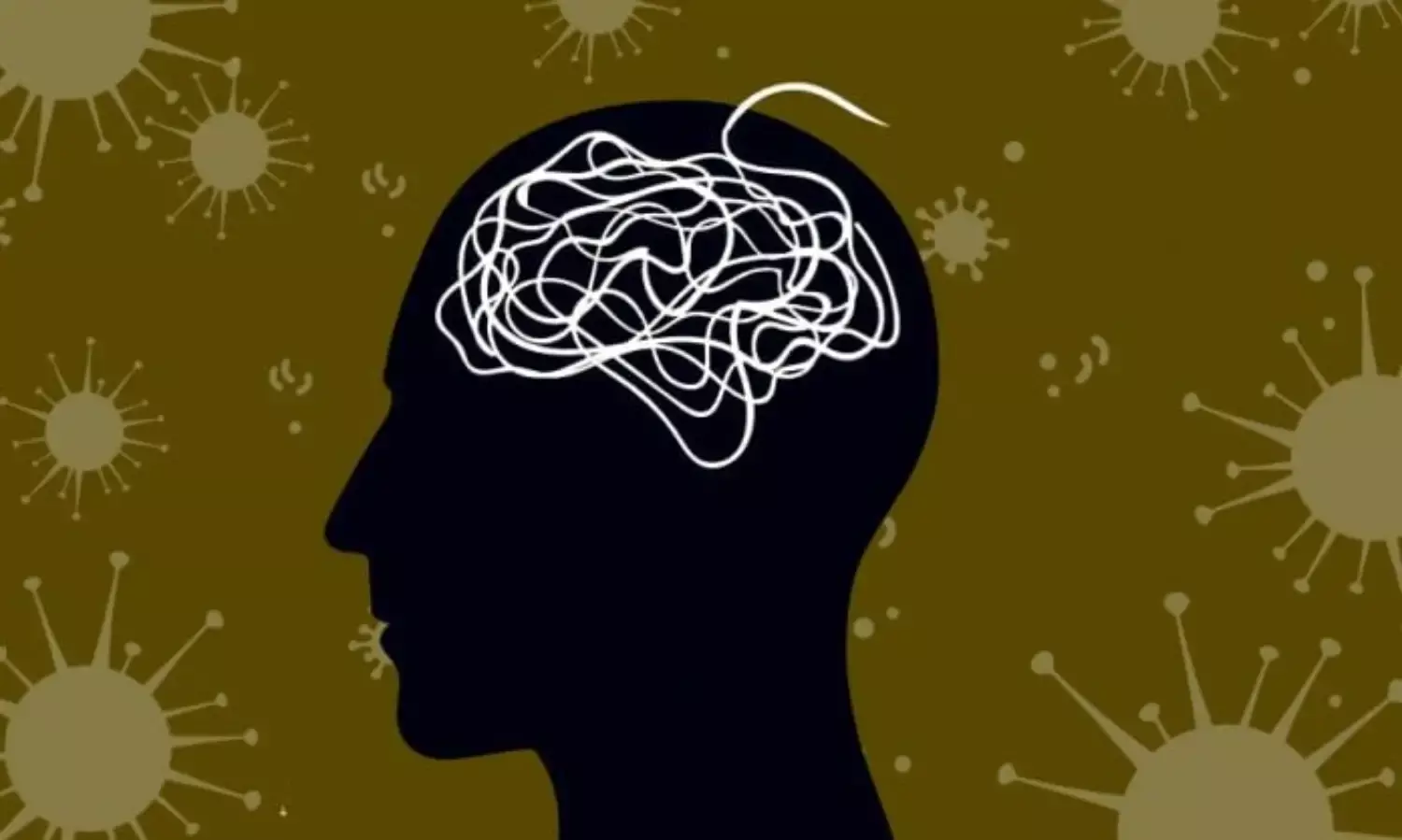Analysis of Suicides Reported Since the Lockdown
Of 298 suicides, 109 were due to financial distress, 55 to fear of infection, 33 to withdrawal

The mental health crisis created by mass-scale disemployment and loss of income, financial distress, isolation, loss of liberty, fear of infection and death and concern regarding social isolation, etc., has further strengthened the grip of anxiety, depression, stress on people’s well being in India.
The lockdown has caused unprecedented changes in people’s lives. According to ‘Rebooting 2020: A Story of COVID-19, and Shifting Perceptions’ survey by Mavericks India, sixty-one percent of Indians are experiencing mental-health related issues during this lockdown. This situation is not being given the attention and intervention it demands.
There is a terrible amount of fear pertaining to the virus, of dying or losing loved ones.
The unchecked spread of misinformation and rumours adds to the existing anxiety.
There has been a widespread surge in partner violence during the lockdown.
A policy brief published by the UN describes how many people who were previously coping well are now finding it hard to deal with distresses due to multiple stress factors that have emerged in the pandemic and the political response.
Frontline workers like doctors, nurses, police officials are in dire need of psychological support. 47% of health workers expressed their need for psychological help in a study conducted by Potloc. A research paper authored by Jianbo Li and Ying Wang reveals that in China, healthcare workers are reporting high rates of depression (50%), anxiety (45%), and insomnia (34%).
These figures are of significant concern, particularly in Maharashtra, Tamil Nadu, Delhi and Gujarat where the number of daily reported cases is very high. Many health workers have already complained of a shortage of masks, PPE from various corners of India throughout the lockdown. Many have also reported cases of mistreatment encountered in their communities.
Coping with this psychological stress has been quite hard, and many in India have chosen suicide as a way out of their grim reality.
The technologist Thejesh GN, activist Kanika Sharma and Aman, assistant professor of legal practice at the Jindal Global School of Law, have created a database of reported non-virus deaths in India, which shows that suicide was the leading cause of all non-virus deaths reported between March 26 and June 11.
Of 298 suicides, 109 were due to financial distress, 55 to fear of infection, 33 due to withdrawal.
From figure 1 it is clear that financial distress (disemployment and income loss included) is the prime reason for suicide, followed by the fear of infection or death, and loneliness or a lack of freedom of movement. Deaths by suicide due to the non-availability of alcohol during the initial period of lockdown were also seen.
Later into the lockdown, there was a spike in the number of suicide cases due to financial distress (disemployment and income loss included). The initial phases of the lockdown saw a higher number of suicides from fear. Restrictions on movement were more severe during these phases, so there were more reported suicides due to loneliness and social isolation.
The later stages of the lockdown permitted not only millions of stranded people to go back home, but also let people move around their neighbourhoods more freely. Reported suicide cases due to withdrawal after this first lockdown phase dramatically declined after liquor shops were reopened.
That UN policy brief on COVID19 and mental health says that most countries spend only around 2% of their health budgets on mental health: in India the scenario is even worse. In 2020 the budget allocated for mental health is 0.05 percent of the total healthcare budget, according to news reports. Apart from publishing a helpline number since the pandemic, the Union government has come up with no further efforts in this area.
Further, Indian governments’ overall healthcare expenditure is a paltry 3.5% of GDP according to World Bank data, a proportion which has been declining since 2001. The international average is 10% of GDP.
Soumyadeep Arinda is a data analyst. Pankaj Kumar Patel and Rachel Gaikwad are MPhil research graduates from the International Institute for Population Sciences, Mumbai


